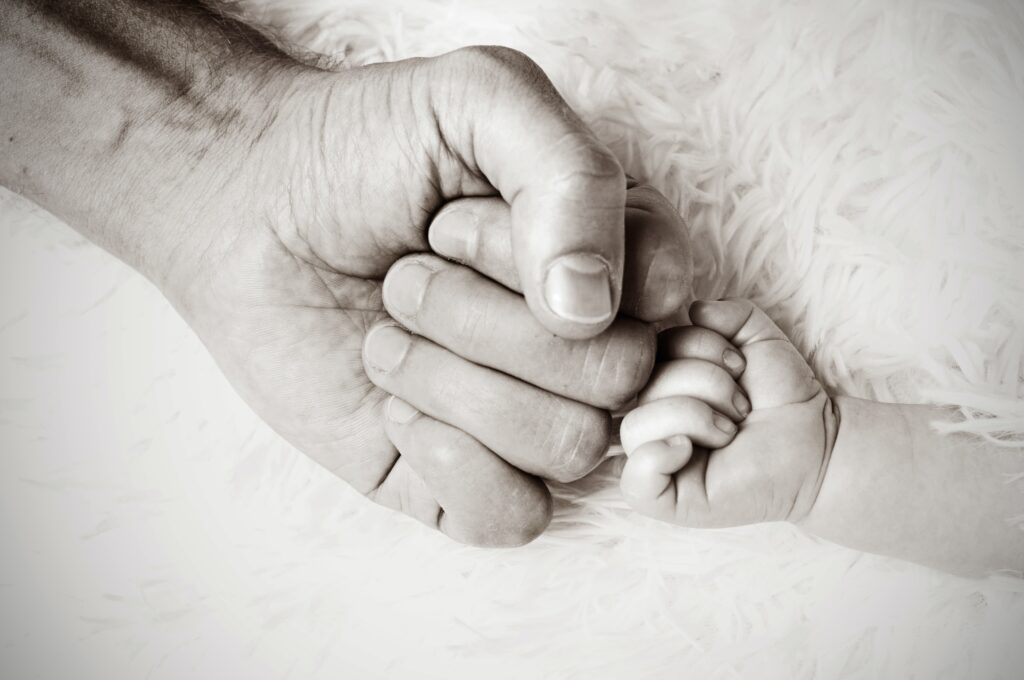If You Have Toxic Parents, Read This

If you revisit your childhood memories, what would they be like? Are they filled with moments where you felt loved, seen, and cared for, or are they abound with criticism, harsh words, or physical abuse? Perhaps your relationship with your parent is troubled and toxic, leaving you feeling confused, anxious, lonely, wounded, or out of place.
If you can relate to the above statement, please take some time to read the following. It may not resolve your troubles instantaneously, but we hope it will make you even a little bit better:
- Stop expecting them to change.
What is your description of ideal parents? Many of us would give similar answers; we expect them to be caring, loving us unconditionally, and supportive. They should be capable of meeting our physical, emotional, and mental needs. However, this does not happen in all cases. Some of us still believe that once we become adults, our parents will see the errors of their ways and magically change.
Expectation is the root of all heartbreak. Let go of that expectation that your parents will change and want them to meet your needs. Instead, try to learn to meet the needs yourself. By doing this, we will be able to have a different relationship with our parents, one that is built on the reality of who they are and not our fantasy of who they should be.
- Your happiness and wellbeing no longer depend on your parents.

Have you ever thought that “As long as I have a secure relationship with my parents, I will be happy”? This is a precarious mindset to have. It is a truth of life that we can find our true happiness within ourselves rather than others. Putting happiness in someone else’s pocket is a recipe for disaster. Granted, it is human that we hope to have a good stable relationship with our parents, who will be one of the many sources of our happiness. But happiness is an inside job, and we need to create our own source of built-in happiness.
- Stop blaming yourself for the painful experiences in your childhood.
Have you ever blamed yourself for your traumatic childhood experiences? “It’s all my fault” is your daily monologue. Many times, you blame yourself for things you didn’t do and shouldn’t feel responsible for. Perhaps you think if you didn’t make your parents angry, they would not have hurt you. Having a toxic sense of self-blame can come from being raised in a family where you were blamed when something terrible happened, so this may feel like a natural “role” you readily take upon yourself. Don’t blame yourself for things you shouldn’t be responsible for.
- You can overcome your childhood traumas and have healthy relationships.

“I will never heal my childhood wound, and I will not be able to have a healthy relationship.”
Have you ever felt this way? You think that you will not be able to form a healthy relationship with other people because of your childhood traumas. It is partly true. However, the fact that you already have self-awareness, recognise your trauma, and have the desire to form a healthy relationship is a good start to recovery. It is possible to heal from your childhood traumas. For example, talk therapy helps you process your past and increase your level of self-awareness.
- You don’t have to forgive your parents to start healing.
Perhaps you have been hurt badly by your parents. You are left in tatters because of what they did to you when you were a child. They make you feel like you are on a rollercoaster of numbness and pain. Whatever your life story may be, you must go through the grieving and healing process at some point. Some of you may ask, “Do I need to forgive my parents to heal myself?” The answer is: No, you don’t have to forgive them to kickstart that healing process. Perhaps your parents may never change, and it is out of your control. What is in your control is your healing process, and you can start healing without having to forgive your parents first.
Final thoughts

Having toxic parents may start in your childhood, but it doesn’t have to extend into your adult life. Reclaim your inner power to start your journey towards healing. When you recall difficult things about your childhood, it can be painful and cause a host of unanticipated emotions. In the end, though, it is more important that you are committed to changing and that you are aware that changing is necessary for your mental health and those around you.
REFERENCES
Cikanavicius, D. (2018, July 2). 6 ways childhood abuse and neglect leads to self-blame in adulthood. Psych Central. Retrieved January 29, 2022, from https://psychcentral.com/blog/psychology-self/2018/07/abuse-neglect-blame#1
Lebow, H. I. (2021, June 10). Do your early experiences affect your adult relationships? Psych Central. Retrieved January 29, 2022, from https://psychcentral.com/blog/how-childhood-trauma-affects-adult-relationships
Maidenberg, M. P. (2020, December 2). What to do when parents don’t meet your emotional needs … Psychology Today. Retrieved January 29, 2022, from https://www.psychologytoday.com/gb/blog/being-your-best-self/202012/what-do-when-parents-dont-meet-your-emotional-needs



Responses